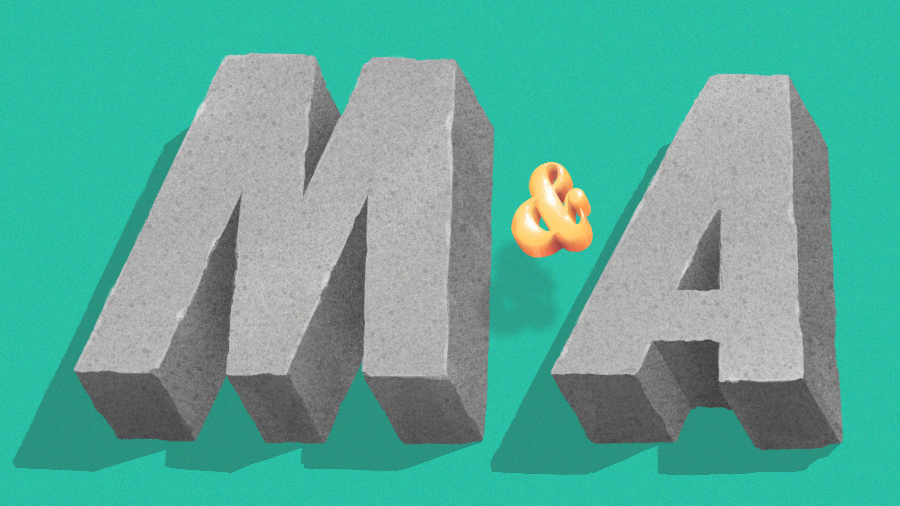Buy now, pay later company Zip plans to buy rival Sezzle in a deal valued at roughly $352 million, the companies said Monday. The proposed acquisition is the latest in the buy now, pay later space, which is showing signs of maturation after investors poured billions of dollars into funding companies that offer such services.
Venture-backed BNPL companies raised about $4 billion last year, according to Crunchbase numbers. The sector attracted investor interest during the COVID-19 pandemic as many consumers turned to companies such as Affirm, Afterpay and Klarna to finance large online purchases.
Credit card companies Visa and Mastercard have also launched BNPL offerings, as has Apple.
Search less. Close more.
Grow your revenue with all-in-one prospecting solutions powered by the leader in private-company data.
But in recent months, the sector has started to show signs of a slowdown and is attracting more scrutiny from regulators. Shares of public companies in the space have also tumbled. Affirm’s stock has plummeted more than 55 percent in the past year. Shares of Zip jumped on the Sezzle deal news Monday, but the stock has dropped 80 percent in the past year.
Sector sees increasing consolidation
The sector is also seeing more consolidation. In August, San Francisco-based fintech giant Block (formerly Square) bought out BNPL company Afterpay for $29 billion. PayPal, meanwhile, said in September that it plans to buy Japan-based Paidy for $2.7 billion.
And last month, Australia-based digital lending and payments platform Latitude Financial Services offered to pay AUD $335 million (roughly USD $242 million) for Humm Group’s consumer business, which offers BNPL and other financial services.
Regulatory pressure mounts
With the sector’s sudden rise, regulators have also started to take a closer look at the BNPL space, which emerged as an alternative to the tightly regulated credit card industry.
In December, the Consumer Financial Protection Bureau launched a probe into five companies offering BNPL services—Affirm, Afterpay, Klarna, PayPal and Zip—citing concerns about “accumulating debt, regulatory arbitrage and data harvesting in a consumer credit market already quickly changing with technology.”
A Credit Karma study last year found that one-third of U.S. consumers who use BNPL services have fallen behind on payments.
A changing economic environment
Australia-based Zip recently said it lost AUD $108.1 million (roughly USD $78 million) in the six months ended in December, reversing a small profit it turned in the same period a year earlier. The company has said rising bad debt and a changing consumer spending environment are weighing on its business. It said it hopes the Sezzle acquisition “will support our path to profitability.”
Rising interest rates and a more uncertain macroeconomic environment could prove tricky for BNPL firms, which don’t have the flexibility that traditional banks do to quickly raise interest rates as needed, a report from consulting firm Quinlan & Associates noted.
“While we envisage a more sanguine future ahead for BNPL firms that can rapidly adapt their business models, it is going to be a case of ‘buy now, pray later’ for those who fail to get it right,” according to the report.
Illustration: Dom Guzman

Stay up to date with recent funding rounds, acquisitions, and more with the Crunchbase Daily.



![Illustration of a unicorn with a green money background. [Dom Guzman]](https://news.crunchbase.com/wp-content/uploads/Unicorn_Money_v1-470x352.jpg)






67.1K Followers